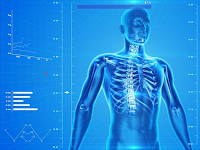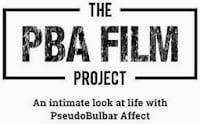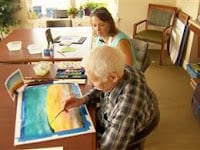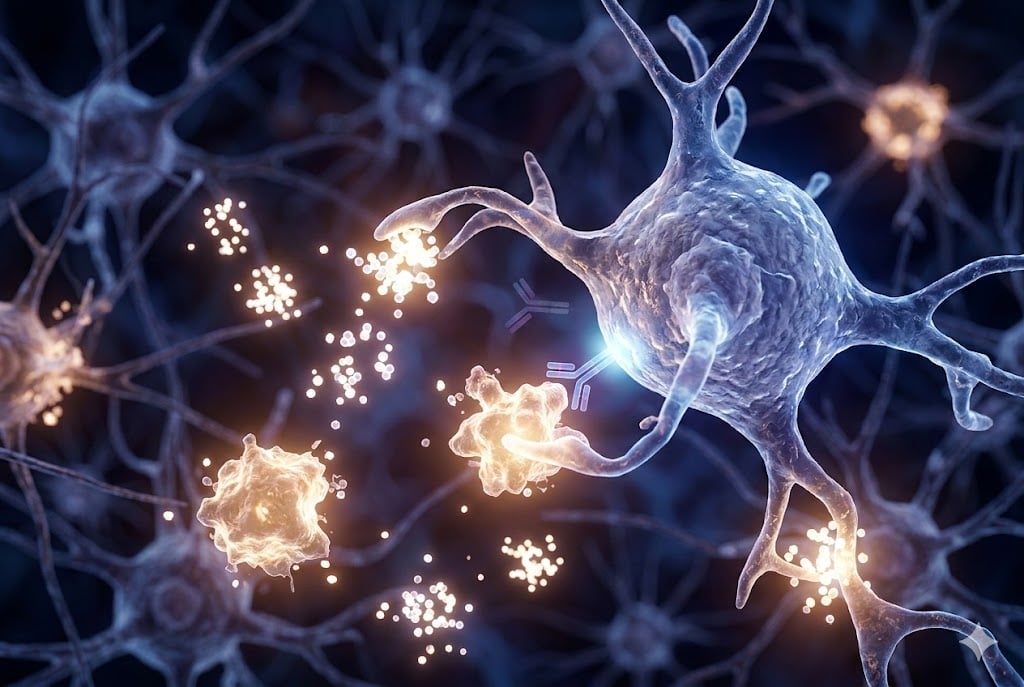
Coronavirus’ Brain Impact
In some cases, COVID-19 patients may present with neurological symptoms. Having an MRI while at the hospital, as well as monitoring after hospitalization, are important

In some cases, COVID-19 patients may present with neurological symptoms. Having an MRI while at the hospital, as well as monitoring after hospitalization, are important

MEDICATION: The most common drug for Alzheimer’s also increases bone mass in mice. Find out what this means for people with dementia in fear of bone

MOVIE TRAILER + ARTICLE:
Two million Americans with Alzheimer’s, stroke and other neurologic conditions suffer from symptoms of PBA. They have uncontrollable outbursts of crying or laughing. See the movie trailer and learn more about it.

PseudoBulbar Affect (PBA) is a distressing neurologic condition characterized by sudden and uncontrolled outbursts of laughing and/or crying. Learn how Nuedexta, a new drug in

Learn about ‘personalized music for dementia’ and its powerful effect on Alzheimer’s. See the Director of the hit film, ‘Alive Inside’, on the dementia-impact of music.

The antidepressant drug citalopram, also sold under the brand names Celexa and Cipramil, significantly relieves agitation in Alzheimer’s. Learn about the benefits and side-effects.

The brush strokes are precise, the colors vibrant. See a Colorado art program help patients rise above dementia, while the paintings raise money for The Alzheimer’s Association.

People with dementia are enjoying yoga and dance classes at the Alzheimer’s Association. See why caregivers find the classes “EXTREMELY helpful.”

Swiss researchers find that people with certain personality traits are protected against Alzheimer’s disease, including those who are less agreeable, had natural curiosity, and were nonconformists. Find out why.

Learn about ‘personalized music for dementia’ and its powerful effect on Alzheimer’s. See the Director of the hit film, ‘Alive Inside’, on the dementia-impact of music.

The brush strokes are precise, the colors vibrant. See a Colorado art program help patients rise above dementia, while the paintings raise money for The Alzheimer’s Association.
No spam, only news and updates.


